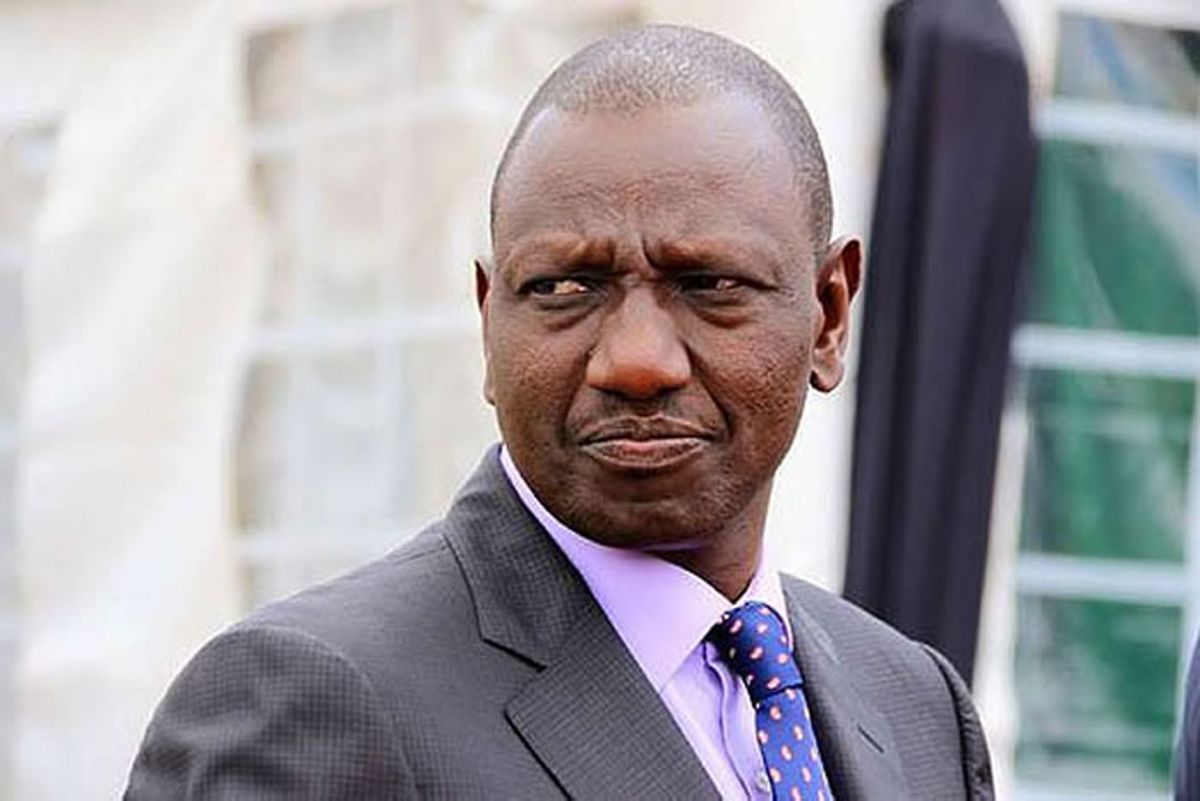William Ruto has won the race to be the fifth president of the East African nation, according to results announced by the Independent Electoral and Boundaries Commission, IEBC.
But four election commissioners said they could not support the “opaque” vote count before the announcement, raising questions about what will happen next.
“There are no losers. The people of Kenya have won because we raised the political bar,” the president-elect said after the announcement on Monday, August 15, 2022. “There is no looking back, we are looking to the future, we need all hands on deck to move forward.”
Ruto led a tight presidential race against opposition leader Raila Odinga.
It was a narrow margin of victory with Ruto winning a little more than seven million votes and Odinga securing a little less than seven million, the IEBC chairperson said. Ruto received 50.49 percent of the vote, while Odinga received 48.85 percent.
Chaos emerged just before the declaration when the electoral commission’s vice chair and three other commissioners told journalists they could not support the “opaque nature” of the final phase.
“We cannot take ownership of the result that is going to be announced,” Deputy Chairperson Juliana Cherera said. At the declaration venue, police surged to impose calm amid shouting as pushing and shoving ensued.
Diplomats and international elections were whisked out of the tallying hall before Chebukati spoke as scuffles broke out.
‘Hustlers vs dynasties’
The sudden split in the commission came minutes after Odinga’s chief agent said they could not verify the results and made allegations of “electoral offenses” without giving details or evidence. Odinga did not come to the venue for the declaration.
Now Kenyans wait to see whether Odinga will again go to court to contest the results of last Tuesday’s peaceful election in a country crucial to regional stability.
It was likely the final try for the 77-year-old longtime opposition figure backed this time by former rival and outgoing President Uhuru Kenyatta, who fell out with his deputy, Ruto, years ago.
Odinga spokesman Makau Mutua described the electoral commission chairperson’s announcement as “invalid because he had no quorum of commissioners to hold a plenary and make such a weighty decision”.
“It is not over until it is over,” Odinga’s running mate Martha Karua, a former justice minister, tweeted.
The many checks and balances were designed to try to prevent the kind of allegations of rigging that provoked violence after the 2007 vote, when more than 1,200 people were killed.
In 2017, after the Supreme Court quashed the result over irregularities in the electoral process, more than 100 were killed.
Ruto is a 55-year-old rags-to-riches businessman who had characterised the vote as a battle between ordinary “hustlers” and “dynasties” who had ruled Kenya since independence from Britain in 1963.
His victory is a triumph for the man who shook up politics by appealing to struggling Kenyans on economic terms and not on traditional ethnic ones.
Turnout in this election dropped to 65 percent, reflecting the weariness of Kenyans seeing the same longtime political figures on the ballot and frustration with poor economic conditions in East Africa’s economic hub.







